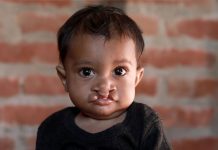Many people consume a strong black coffee first thing in the morning after a poor night’s sleep, but that isn’t the best time to get your caffeine fix.
Although population-level surveys indicate that coffee may be linked to good health, a new study recommends drinking coffee after breakfast, and not right after waking up because it may interfere with your body’s cortisol production, damage your stomach lining, disturb your metabolism, cause indigestion, heart disease, diabetes and cause a negative effect on blood sugar control. It can even increase anxiety and hinder your ability to focus. Research shows that the same effect would likely be seen with a latte or flat white and not only with a strong black coffee.
Coffee shouldn’t be taken with breakfast or immediately after because it will prevent the iron from food to absorb properly in your body. You should wait at least 1-2 hours after consuming your breakfast for caffeine.
Harry Smith, a lead researcher on the study, says “However, starting a day after a poor night’s sleep with a strong coffee did have a negative effect on glucose metabolism by around 50 percent,” and proceeds explaining. “As such, individuals should try to balance the potential stimulating benefits of caffeinated coffee in the morning with the potential for higher blood glucose levels and it may be better to consume coffee following breakfast rather than before.”
Put simply, new study reveals that drinking coffee after a night of disrupted sleep may solve the problem of feeling down and sleepy but could create another problem by limiting your body’s ability to tolerate the sugar in your breakfast. You can improve this by having your breakfast first, and then drinking your coffee if you still feel the need for it. This kind of awareness can have important health benefits for us all.

















